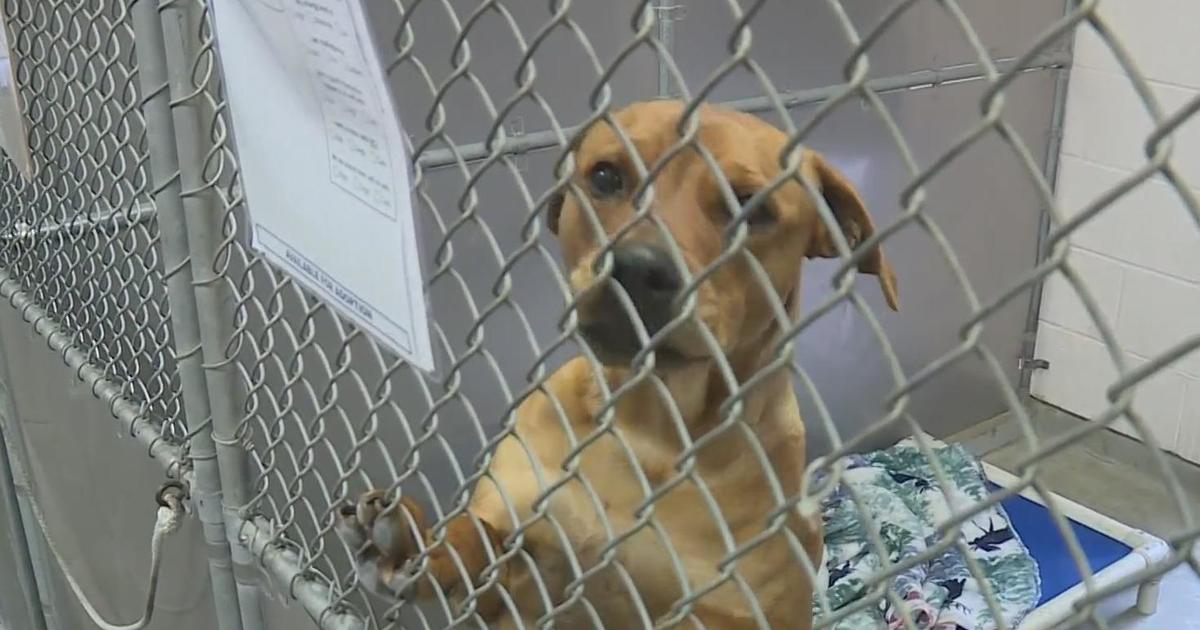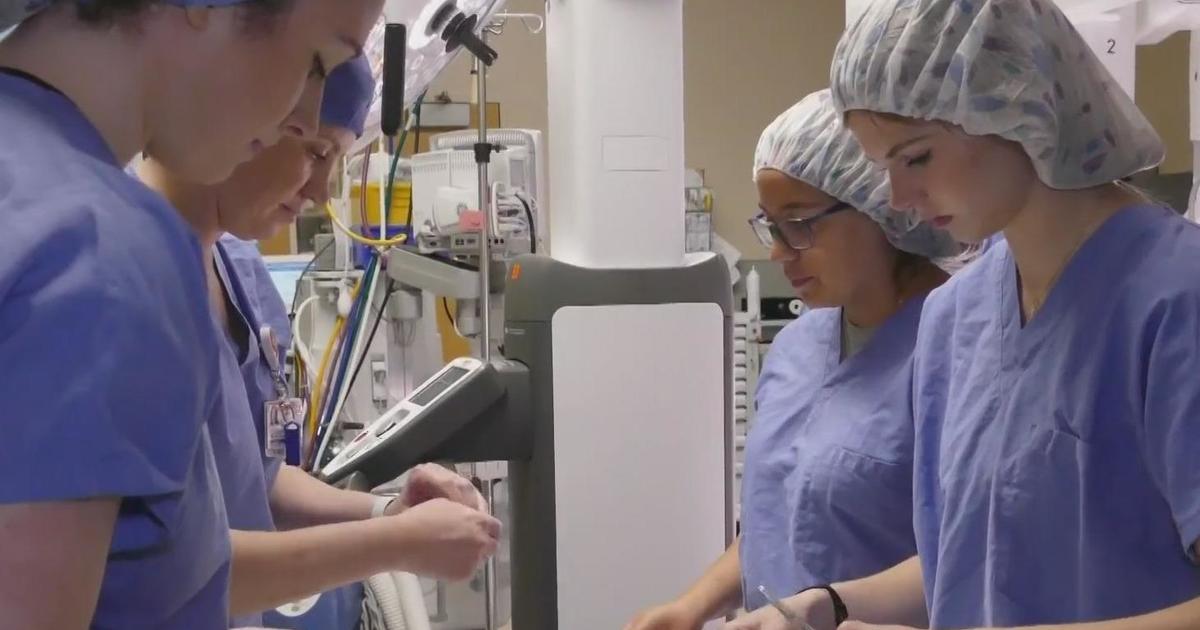Tech Startup's Game Could Help Treat ADHD Cases
SACRAMENTO (CBS13) — Video games for the brain claim to help improve your memory and even boost your IQ as part of a fast-growing business.
Now a Northern California tech startup has developed a game that might one day be used to treat people with ADHD.
Dr. Adam Gazzaley, a neuroscientist at UC San Francisco, is one of 75 scientists who signed a letter to the brain gaming industry criticizing exaggerated claims about staving off memory loss.
"If we jump too aggressively forward without doing our diligence, we sort of disconnect from the basic goals," he said.
Unlike his scientific counterparts who signed the letter, he's working with a Bay Area tech startup, Akili, to develop video games that could actually improve a person's memory.
One called Neuroracer focuses on multitasking. As a player drives a car through a 3-D course, they must respond to the road signs that pop up at the top of the screen. The game scales in difficulty as players get better.
Gazzaley is the chief science adviser for the game, which was originally used to help seniors improve their memories. He says this kind of challenge could have a positive impact on people of all ages.
"Since the game is active at improving cognitive control, which is a fundamental ability," he said.
He's hoping it can one day be used to treat a range of psychiatric disorders, including ADHD in children.
It's an appealing idea to behavioral pediatrician Stephen Norwicki of Woodland.
"The idea of having video games that could help repair a lot of the deficits that kids with ADHD have would be very cool," he said.
But he worries the games may be used instead of traditional treatments that have been proven to work.
Gazzaley says his hypothesis needs to be thoroughly tested, and he believes the best proof would come from putting the game through the FDA-approval process for medical devices.
"The goals that Akili has is to see if we can build a game that can go through all the rigorous testing and reach the same level of criteria that would be required by a medical drug or device," he said.
Norwicki says traditional ADHD treatments are 80 to 90 percent effective, and until a game matches that standard, it may be more realistic to use it as part of the treatment process.



